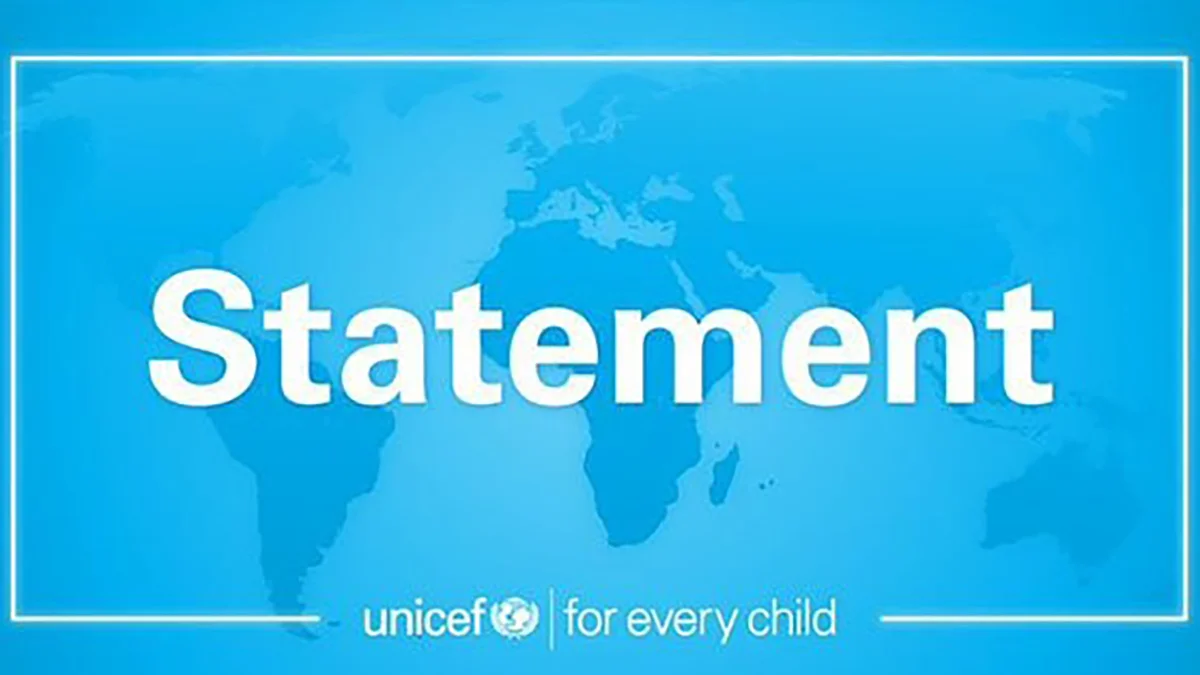A statement from UNICEF Switzerland and Liechtenstein on development aid.
On April 10, 2024, the Swiss Federal Council announced its decision on the financing of aid for Ukraine: it will make 5 billion francs available over the next twelve years. Until 2028, a first step will involve the financing being drawn from the international cooperation budget, without this being increased. Essential aid for Ukraine will therefore come at the direct expense of the world’s poorest regions and people, for example in Sub-Saharan Africa. This is a zero-sum game which makes no sense strategically and is not right. The Federal Council should have used the opportunity to provide aid to Ukraine without cuts to the planned international cooperation budget, thus finally achieving the goal set by all wealthy nations to give 0.7 percent of their gross national income for developmental and humanitarian aid.
Last year, UNICEF Switzerland and Lichtenstein had, like 75 percent of the other organizations calling for public consultation proceedings for the new International Cooperation Strategy 2025–2028, demanded that aid to Ukraine may not be given at the expense of other global regions and international cooperation priority issues (Download the call for consultation proceedings in German). Children are especially impacted by the many crises and wars today. Never since the Second World War have so many children needed humanitarian aid – in Gaza, in Sudan, in the Sahel, in Ukraine and in many other places in the world. The war in Ukraine is taking a heavy toll on hundreds of thousands of Ukrainian children in the country and elsewhere, and the impacts of the war will be felt for some time to come. Instead of obtaining the necessary funds by cutting support for the world's poorest countries, it would be more productive, as found in UNICEF’s call for consultation, to continue to expand the thematic priorities of the cooperation programs with Ukraine in the new International Cooperation Strategy and to tailor the projects more closely to joint and effective results. This way, Switzerland can apply its comparative advantages in the areas of peacebuilding, the rule of law and governance, and direct the funds to where they can make a sustainable impact.
Aid to Ukraine requires the creation of an additional legal basis – as was the case for the COVID-19 pandemic – so that sufficient funding can be made available, especially as it is difficult to predict and plan developments in a war situation such as in Ukraine.
UNICEF Switzerland and Liechtenstein therefore calls on Parliament to correct the decision of the Federal Council when it adopts the International Cooperation Strategy 2025–2028 in the fall and winter session. Doing so would let Switzerland continue to make an important contribution toward creating a world that is safer, more inclusive, and better – for all people.



